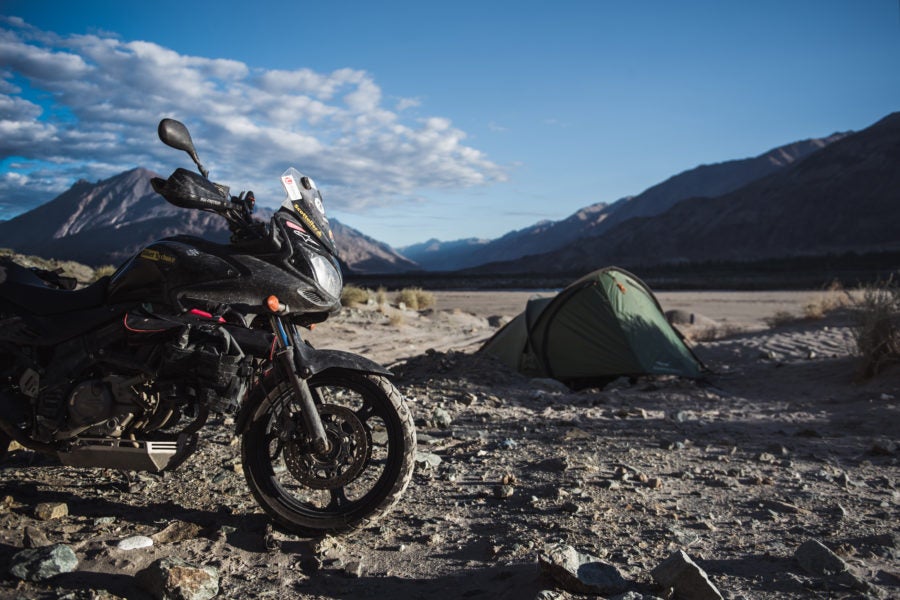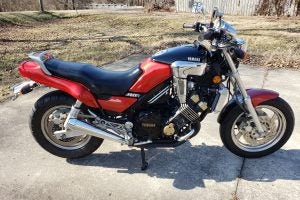Across our travels, one of the most common things that people are curious about is our budget. People usually throw a sum at us and ask whether it would be sufficient for them to manage. As much as I would like to put their mind at rest, that what they are planning to save will be enough, I cannot. The amount of money required depends on one’s itinerary, trip duration and most importantly, the style of travel. I have met travelers who toured Asia with a budget of $60 a day and others who easily manage with $15. Therefore determining an ideal budget solely depends on the individual.

There are a couple of questions that one can answer. Even though they may sound silly or obvious for some, these factors can make a big difference in the budget spent on a trip.
Accommodation & Personal Hygiene
We were staying with this couple for a while, and they told us that they have this habit of showering before they go out and as soon as they go back home. When they got curious about our budget and how much they would require, I popped a simple question.
“How long can you survive without a shower?”
They were gobsmacked – not even one day! OK, so camping is out of the question.
“Are you comfortable with using a shared bathroom?”
I got discouraged faces once again and I explained that in their case, their only option would be a guesthouse with a private bathroom.
It is still manageable in certain places but might be over-budget in a tourist place in peak season. Fortunately, if you are traveling with someone, getting a private room might cost less than two beds in a mixed dormitory, which is a plus. But, if having access to a toilet is a must, wild camping cannot be considered. And if a shared toilet is a gross idea, the options automatically narrow down while the cost naturally escalates. This might even be harder for women, especially during periods.

Daily necessities while on a budget
Since we left on this trip, my personal care products narrowed down to very few.
- Shampoo: we use this as a shower gel, to wash clothes (sometimes) and Daryl uses it to clean the chain as well.
- Underarm deodorant
- Toothpaste (which I share with Daryl).
I gave up hair conditioners, serums, moisturizers, body lotions, and other products. Firstly, we travel 2up and are limited with space. And secondly, we are very careful with what we spend, and only buy the necessities.
Food
Generally, unless you are traveling in remote areas, ready-made food will always be available in inhabited areas. In India and Nepal, to give an example, tea stalls, food stalls and dhabas (local restaurants) are a common thing. The amount of money you spend on food depends on the places you choose and if you eat at restaurants often, you will naturally spend more. The other options boil down to either street food, which is usually cheap, but lacks some hygiene, or cooking food yourself. Having a stove comes in handy in long-term travel, especially when you’re going around the same continent and you get tired of eating the same type of food.

Cigarettes & Alcohol
Alcohol is one of those things that you can live without, but sometimes choose not to! Alcohol consumption makes a big difference in the money spent and so does smoking. The prices vary from one country to the other. You might be able to get away with a pack of cigarettes that costs less than a dollar in Nepal, but not in Australia, where a pack costs around 20 dollars!
Fuel
The prices of fuel vary across borders. However, the most differential factor in the chunk that fuel will take away from your budget is your pace. Do you travel fast, or do you take your time and move slowly? In simple math, if you need to get from point A to point B, and the fuel cost is 20 dollars, it will be spread on a couple of days until you move on to point C. However, if you’re covering large distances in a few days, this will take a substantial amount from your budget.
Bike Maintenance
Apart from the routine services and making sure that your bike is fit for riding, keep in mind, that anything can happen to the bike instantly. If it does, the solution will most probably involve a couple of bucks. A few months into our trip, we had major issues with our suspension. To cut a long story short, we had to order a new shock for the bike. BAM – we chopped off a thousand dollars from our budget in an instant.

To close off, I would, first of all, encourage anyone that wants to embark on such an adventure. Once you are on the road, you learn to adapt and let go of certain comforts naturally. Here are some pointers that are good to keep in mind;
- Dedicate some time to research about the places on your itinerary. If possible, travel in shoulder-seasons, where the weather is pleasant, but the crowds are less. This would make it more possible to get better prices on food and accommodation.
- Consider trying out Couch surfing. There are many people who are willing to host a traveler and this will allow you to save money from lodging. Couch surfing also offers an opportunity to make new friends, especially if you’re traveling solo!
- Other expenses which are beyond your control but are part of overland travel are VISA expenses and required documents. Plan and save up for these beforehand. You can get most of the information through basic online research and a couple of emails.
Also!
- Find a balance to avoid stress and exhaustion when you are on a tight budget. It is ok to let go and book a nice room, order a couple of beers, or buy yourself new clothes once in a while. Being on the road for a long time becomes a lifestyle, so you have to dedicate some time to give yourself a break.
- Use your skills to save up your budget. Guesthouses and hostels in tourist areas love foreigners. Most of them would not mind offering you a place to stay, in return for a little help. Some live like a community, and such an idea can offer an awesome experience in itself.
- Most importantly, take note of how much you’re spending and where. At the beginning of our trip, we did not have a cooking stove with us. When I compare the numbers related to expenses on food at that time to now, I notice a substantial difference. Keeping track of your expenses helps you learn more about yourself, and can give you a better idea of what limits you can set for your journeys!








